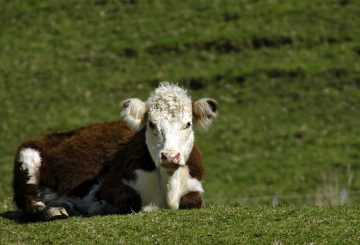Conservationists are strategically replanting the Port Hills in Christchurch, New Zealand, in hopes of reducing the risk and impact of future fires. The area has been prone to fires in recent years, including a massive blaze in 2017 that destroyed nine homes and forced hundreds of people to evacuate.
The Summit Road Society, which has cared for the hills for over 70 years, is one of many groups dedicated to protecting the area’s wildlife and covering the hills in greenery. However, the threat of fires remains a significant concern. The society is creating “green firebreaks” by planting low-flammable native species and “grass firebreaks” using short grass to slow down potential fires.
According to Marie Gray, Secretary of the Summit Road Society, the biggest fire risk comes from human activities. This could be accidental fires from a burn-off gone wrong or tools hitting rocks, or even deliberate fires. As a result, the society is focusing its efforts on areas where people frequently visit, like the Summit Road.
A recent fire in November, caused by sparks from power tools, was close to an area where the society had planted over 50,000 trees. Fortunately, the fire was quickly controlled, preventing it from spreading to the new plantings.
Dean Harker, Fire and Emergency community risk manager, warned people to be cautious when doing activities that could cause a spark, especially in the Port Hills area which borders residential areas. He advised doing such activities in the cooler parts of the day when the risk is lower.
Gray believes it may take 50 years to see the full benefits of the community’s conservation efforts. She emphasized the importance of balancing planting with allowing natural regeneration, as nature can restore itself if kept clear of weeds. The conservation work also includes parallel projects like the Pest Free Banks Peninsula project. Gray expressed optimism about the potential for the Port Hills to become a natural treasure for Christchurch.




























































